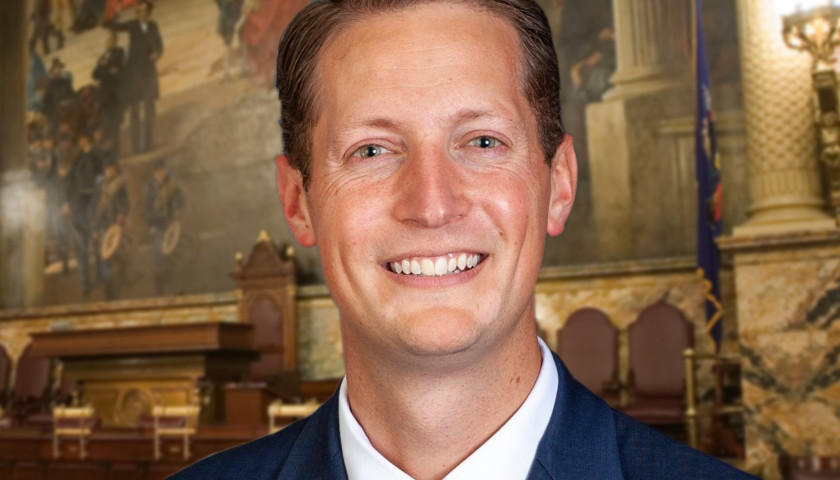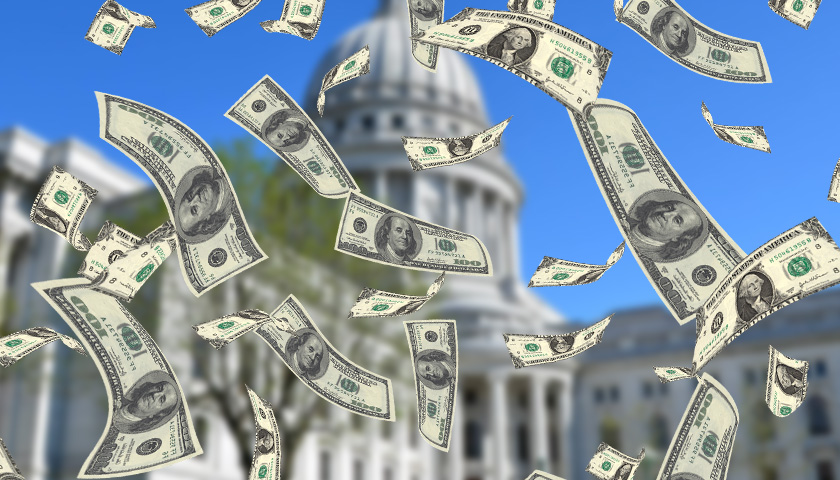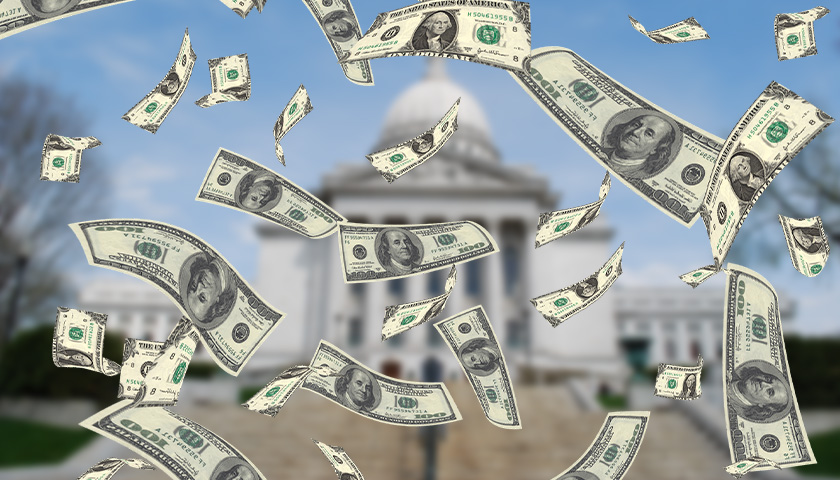An Allegheny County legislator indicated last week that he is preparing to offer legislation to iron out complexities in Pennsylvania’s tax system.
State Rep. Robert Mercuri (R-Wexford) has underscored the current lack of conformity between Pennsylvania’s tax rules and those of the federal government. The chief concern the lawmaker said his upcoming bill would address is reforming the Keystone State’s legal treatment of depreciation of corporations’ assets and of property transferred or sold during a taxable year.
“It is essential that we take steps now to make it simple and advantageous to do business within the Commonwealth, positioning our communities for investment and growth as we continue to recover from the economic uncertainty that has arisen as a result of COVID-19 policies,” Mercuri wrote in a memorandum to fellow House members.
His proposal is one of many tax reforms that have come up over the years in the General Assembly, taking aim at various provisions of the Tax Reform Code of 1971.
One major element of tax law that critics often note is that Pennsylvania is one of numerous states that does not conform to federal net-operating-loss (NOL) rules. NOL is the amount by which an entity’s permitted deductions surpass its taxable income.
Federal tax law limits the deductibility of NOL to 80 percent of taxable income with no carryback (i.e., no applying the loss to an earlier year’s tax return) and unlimited carryforward (i.e., applying deductions to the succeeding tax year). Since 2019, Pennsylvania law has limited NOL deductibility to 40 percent.
Other concerns with regard to the Pennsylvania tax code’s nonconformity to federal rules include matters of net-interest expense (which refers to interest payable on borrowing minus interest income) and 100-percent bonus depreciation. Pennsylvania is the only state to entirely disallow depreciation of some assets.
While Mercuri’s legislation aim to tackle qualitative problems with Pennsylvania’s tax policy, he observed they are not the only concern when it comes to the state’s business competitiveness. The commonwealth’s 9.99-percent corporate-net-income-tax rate is the highest flat state corporate tax in the U.S. Mercuri seconded calls to lower it.
– – –
Bradley Vasoli is managing editor of The Pennsylvania Daily Star. Follow Brad on Twitter at @BVasoli. Email tips to [email protected].
Photo “State Rep Robert Mercuri” by State Rep Robert Mercuri and “Pennsylvania State House of Representatives” is by the Pennsylvania General Assembly.





